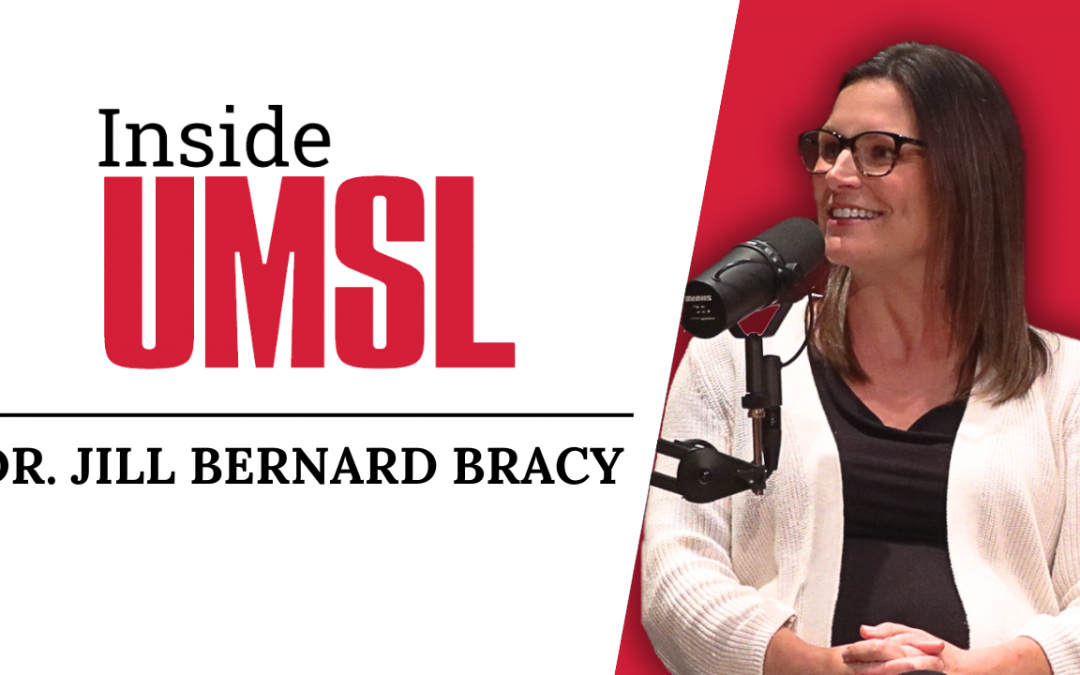
Anne Winkler spoke to personal finance website WalletHub about the unemployment crisis brought on by COVID-19. (Photo by August Jennewein)
The COVID-19 pandemic has wreaked havoc on the United States economy and left more than 40 million Americans temporarily or permanently unemployed since March 16, bringing the unemployment rate to the highest levels seen since the Great Depression.
States in the Southeastern U.S. have been particularly hard hit with Georgia, Kentucky, Florida, Virginia, Louisiana, North Carolina and South Carolina all ranking among the 10 states to see the largest increases in unemployment claims due to coronavirus, according to data gathered by the personal finance website WalletHub. But nowhere in the country has been exempt from the job losses with the national unemployment rate estimated to be 14.5 percent. Missouri ranks 29th on the list of hardest hit states with an unemployment rate increase by more than 1,900 percent.
Professor Anne Winkler, chair of the Department of Economics at the University of Missouri–St. Louis, was part of a panel of economists WalletHub turned to for insight on not only the unemployment crisis but also the measures the federal government has taken so far to support people who have lost their jobs.
The site asked all the panelist for their opinions on whether the $2.2 trillion emergency relief package passed by Congress and signed into law would be sufficient to ensure full relief.
“The $2.2 trillion packages is a start but far from sufficient to deal with the magnitude of this crisis,” Winkler told WalletHub. “Hospitals, state and local governments, small businesses, not to mention individuals who have lost jobs or on furloughs, are finding themselves in dire circumstances. Now is not the time to focus on deficits or debt. Now is the time to extend additional financial relief.”
Winkler was also asked to provide advice for those who might not have qualified for stimulus payments of up to $1,200 per person from the federal government.
“The stimulus payment is simply not enough to tide individuals and families over, even those who have received them,” Winkler said. “The federal safety net programs of SNAP and UI are crucial, but these programs alone cannot meet the basic needs of food and payments for rent, utilities, and so on.”
Finally, she was asked to discuss how effective insured unemployment is as a measure of overall unemployment.
“Uninsured unemployment is a subset of total unemployment,” Winkler said. “In the current circumstance, UI benefits have been extended to additional groups who did not previously qualify, e.g. gig workers, but it will continue to undercount the full extent of those without jobs. Even the official count of unemployment is inadequate because it requires an individual to have searched in the last 4 weeks to be counted.”
To read responses from other panelists, click here.














